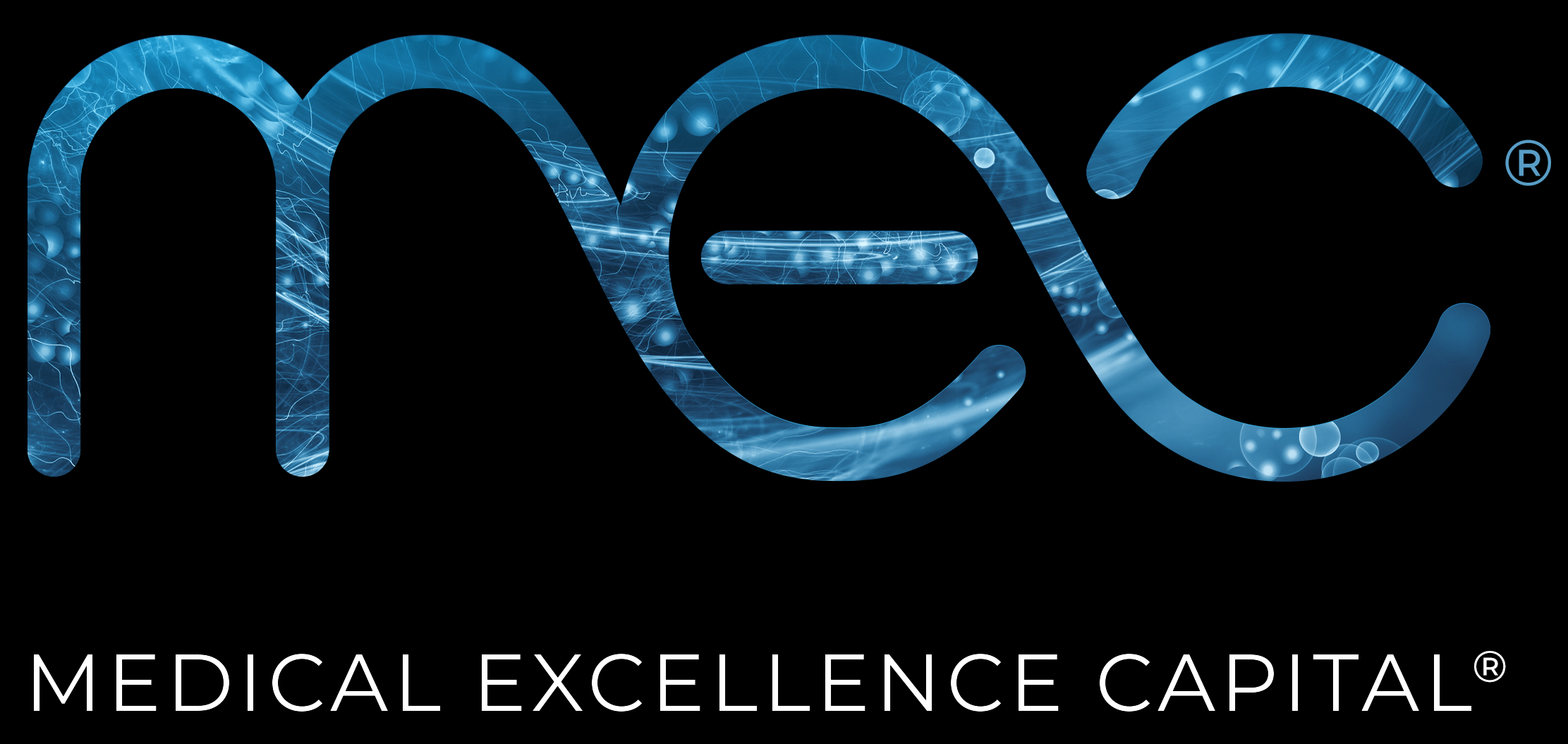Cell Therapy in CNS: Why now?
Cell therapy derived from stem cells has garnered a great amount of attention and has been the focus of development for biotech companies as variations of these cells have been discovered and advanced. These cells hold promise for many conditions with limited to no options currently available.
Stem cells can differentiate into specialized cells in the body, such as nerve cells or red blood cells.1 Once stem cells differentiate into specialized cells, they cannot divide again. However, stem cells can divide into more stem cells or specialized cells, allowing them to replenish damaged specialized cells. Stem cells can be segmented into two main categories:
- Embryonic – cells from early development that are pluripotent. Pluripotent cells can differentiate into any type of cell2
- Adult – undifferentiated cells that are present in adult tissues. These cells have a limited ability to differentiate and are either multipotent or unipotent. Blood stem cells are a type of adult cell that can only differentiate into different types of blood cells2
Researchers have worked to return differentiated cells to their undifferentiated, pluripotent state, similar to embryonic cells. These cells are known as induced pluripotent stem cells (iPSCs). The ability to make these cells undifferentiated has the potential to treat diseases that originate from unhealthy or dying cells by replacing these cells with healthy cells that can divide and produce more healthy cells for the body.
Autologous vs allogeneic stem cell treatment: Which approach to pursue?
Stem cells are developed in two ways: allogeneic or autologous. Allogeneic cells come from another person while autologous cells are developed “from oneself.”3 Both approaches have pros and cons that must be considered when deciding which avenue to pursue for therapeutic development. Allogeneic advantages mostly focus on the ability to quickly produce batches of donor cells, while autologous approaches develop cells for each patient which can be time-consuming.4 However, a major disadvantage with allogeneic approaches is the chance for immune rejection in the form of Graft versus Host Disease (GvHD). This condition can be life-threatening and is caused when the foreign donor cells identify the patient’s healthy cells as foreign and attack the patient’s cells.5 This is not a concern with an autologous approach as the transplanted cells originate from the patient. Of concern with autologous cell therapy are the high costs associated with manufacturing, and cells cannot be used “off-the-shelf,” so the time to treatment may be extended compared to allogeneic treatment.
Recent success of cell therapy in Oncology
Since 2017, six chimeric antigen receptor T-cell (CAR-T) therapies derived from a patient’s blood have been approved by the Food and Drug Administration (FDA). All are approved for the treatment of blood cancers, including lymphomas, some forms of leukemia, and, most recently, multiple myeloma. CAR-T therapy is a type of treatment in which a patient’s T cells (a type of immune system cell) are changed in the laboratory so they will attack cancer cells. First, T cells are taken from a patient’s blood, then the gene for a special receptor that binds to a certain protein on the patient’s cancer cells is added to the T cells in the laboratory. This special receptor is called a chimeric antigen receptor (CAR). Next, large numbers of the CAR T cells are grown in the laboratory and then given to the patient by infusion. Clinical trial results for CAR-T therapies have been remarkable, especially for previously difficult to treat cancer types and relapsed cancers.
Given the success of cell therapies in oncology, researchers are now looking to develop novel cell therapies in other therapeutic areas such as neurology.
Stem cell therapy applied to Parkinson’s Disease: Aspen Neuroscience
In May 2022, MEC participated in the Series B round investment in Aspen Neuroscience. Aspen, founded by MEC Managing Partner, Kim Kamdar, who also acted as the company’s initial CEO, is tackling the debilitating Parkinson’s Disease using an autologous stem cell therapy approach. Given the noted safety profile of autologous approaches compared to allogeneic approaches, we believe this is a sound strategy that can ultimately provide help for patients where options are limited. To address the common problem regarding manufacturing and quality control with autologous therapy, Aspen has developed an artificial intelligence-based genomics approach that will also provide rapid/reproducible identification of specific cell types. Aspen’s differentiated strategy and the stellar team have created an opportunity that the MEC team is thrilled to be a part of and hope to help advance products to ultimately reach those in need.
_______________________
5LLS
This post was prepared in good faith by MEC in July 2022 based upon information from sources that are believed to be reliable. The contents herein contain a description of an investment made by MEC. References to any investment included herein should not be construed as a recommendation of any particular investment or security. Specific investments identified or described do not represent all of the investments completed by MEC, and the reader should not assume that the transactions discussed were or will be profitable. It should not be assumed that investments made in the future will be comparable in quality or performance to the investment described herein.
